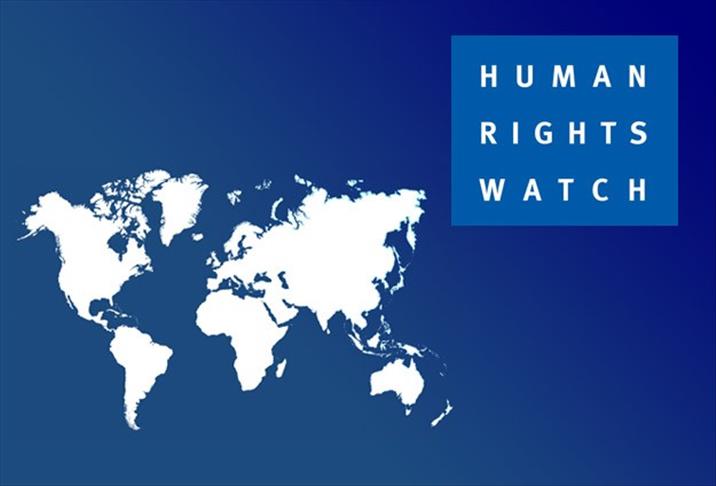
In a statement reflecting growing international concern, Human Rights Watch has urgently called for the release of hundreds of Tibetan monks and villagers detained by Chinese authorities amidst peaceful protests.
The protests, sparked by the construction of a hydroelectric dam in Sichuan province, have led to a severe crackdown on the Tibetan community, threatening to submerge their historic monasteries and villages.
Maya Wang, acting China director at Human Rights Watch, criticized the Chinese government’s harsh response to the Tibetan protests. “The Chinese authorities have long been hostile to public protests, but their response is especially brutal when the protests are by Tibetans and other ethnic groups,” Wang stated. She further urged other governments to pressure Beijing into releasing the protesters, who she says “have been wrongfully detained for exercising their basic rights.“
The controversy centers around the Kamtok dam, part of a series of 13 dams planned along the Drichu River, known as Jinsha or the upper Yangtse River in Chinese. This development is not only a source of electricity for eastern China but also a significant threat to the Tibetan way of life.
ALSO READ: Around 40 Tibetans Released After Protests Against Dam Project
Human Rights Watch confirmed video footage showing villagers from the area of Wontoe protesting the dam’s construction, a rare and risky display of dissent given the extensive restrictions on communications within Tibetan areas of China.
The crackdown has drawn criticism from various quarters, with Human Rights Watch highlighting the international legal framework against forced evictions.
“The right to protections against forced eviction derives from the right to adequate housing as provided under the International Covenant on Economic, Social and Cultural Rights, to which China is a state party,” the organization noted, emphasizing that mass evictions in Tibetan areas often do not meet these basic standards.
Wang’s comments underscore the critical implications of the dam’s construction on Tibetans’ heritage, culture, and livelihoods. “The Chinese authorities’ mass arbitrary detention of peaceful protesters highlights grave concerns about the effects of further dam construction on Tibetans’ heritage, culture, and livelihoods,” she said, advocating for “genuine participation by the affected population as essential for carrying out major infrastructure projects.”
This call to action by Human Rights Watch serves as a poignant reminder of the ongoing struggles faced by the Tibetan community and the need for a concerted international effort to safeguard their rights and cultural heritage.






